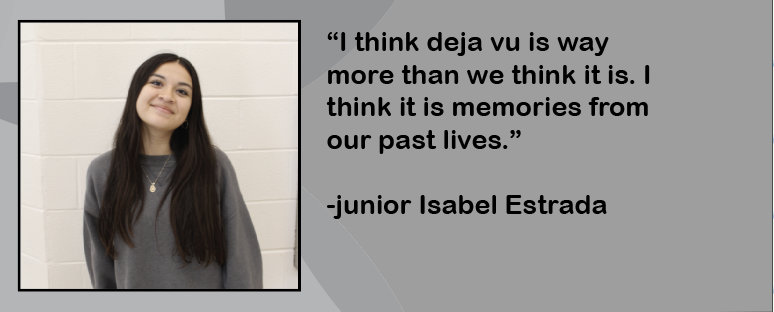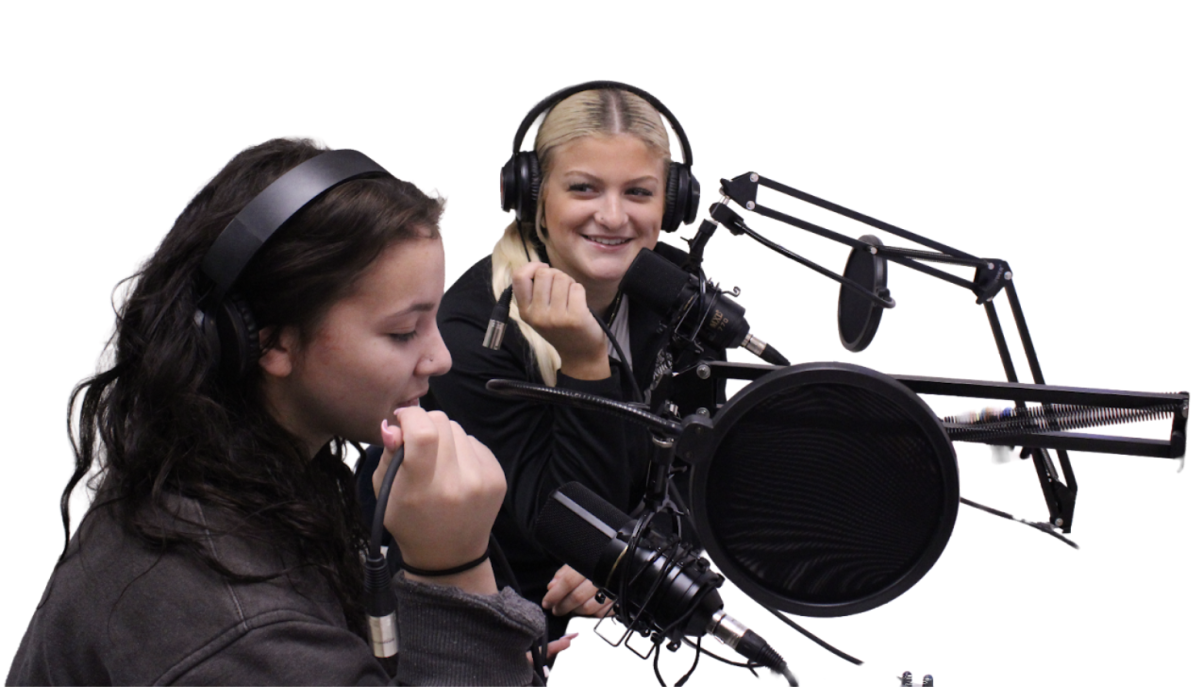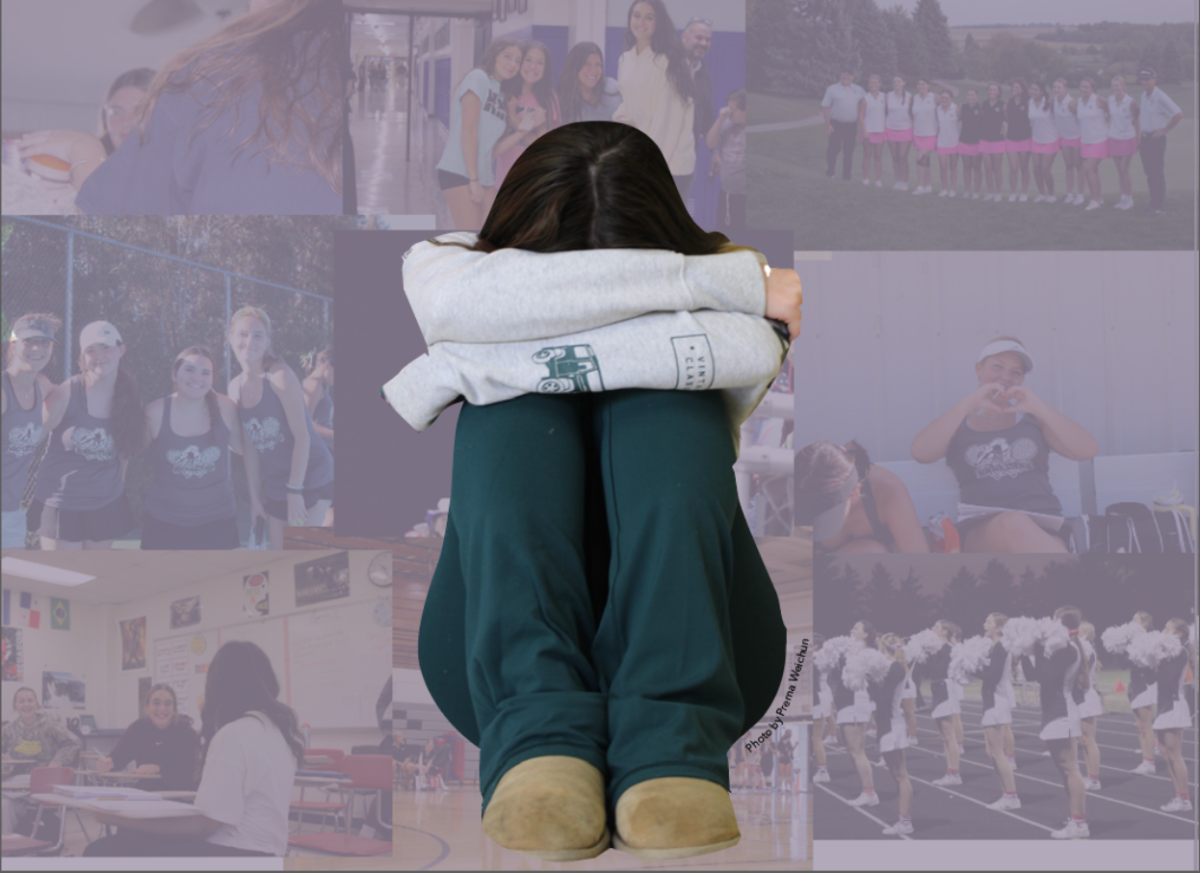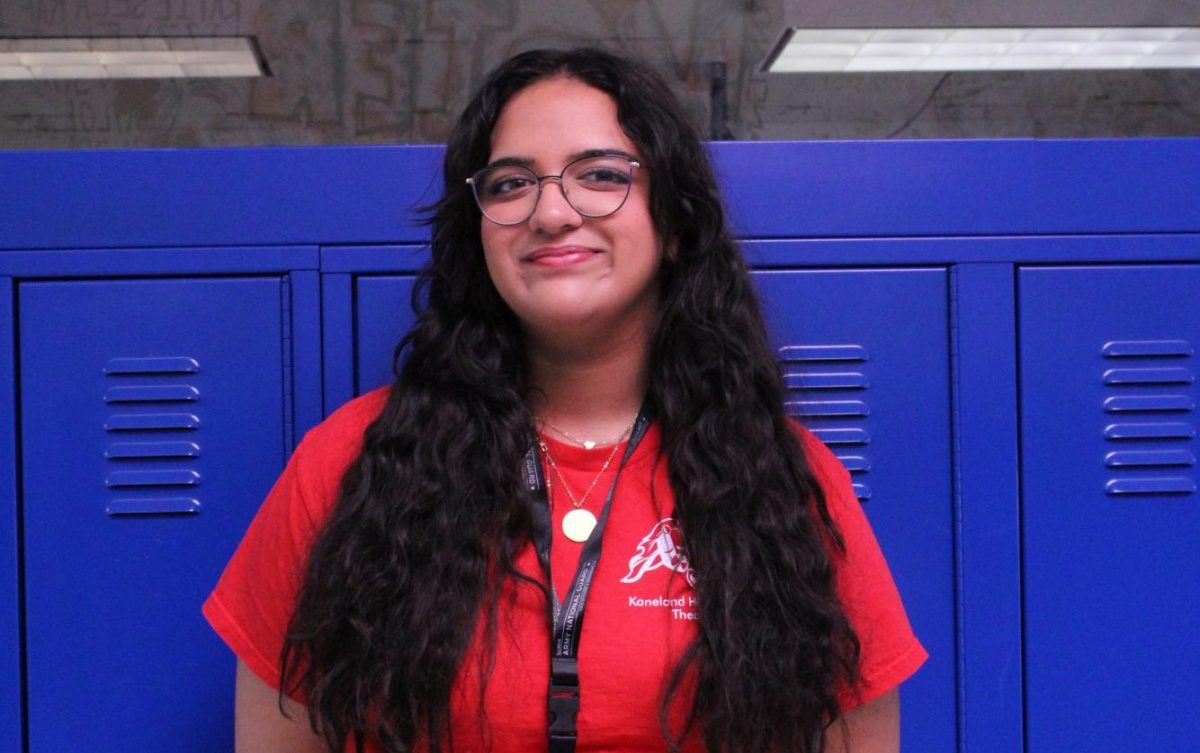When we first came into this world, almost all we could perceive, love or think about was our parents and others who raised us. The world felt as big as our cradles and as loving as our mothers. As we continued to develop, we started making choices for ourselves with the help of our guardians – crawling over here, crying to be held over there – but those choices were not entirely our own.
Albert Bandura’s famous 1961 Bobo Doll study tested how the behaviors of adults impact those of children observing them. The study evaluated the influence that observation of adult behavior had on children’s aggression. If an adult demonstrated a violent way to play with the toy before a child played with it, the experiment found that children would mirror that aggression.
As young children, we had no other inclination than to model our primary guardians’ behavior. But as we grow into young adults, it is of the utmost importance for us to recognize the parts of ourselves chosen for us by our parents. In that recognition, we can decide what parts of ourselves we wish to keep the same and which we would like to develop differently.
A team of academics in psychology and political science fields, including Emily A. Willoughby, a researcher at the University of Minnesota Twin Cities, conducted a study for the National Library of Medicine and observed some of the influences of parents’ political beliefs on their children.
In the study, there were “strong correlations between parent and offspring attitudes in both family types, indicating that parental socialization and gene–environment correlation persist well into adulthood even in the presence of substantial genetic contribution,” Willoughby and the other researchers concluded.
While there is no inherent problem with having similar moral, religious or political beliefs to our parents, there is an issue when we fail to critically examine what we were taught as children and determine where our values truly lie.
It is simpler to stick to what we have always known. However, it could be dangerous for this next generation of young adults to lack the ability to question what we are told and become complicit in things we would not support if we took a second to reflect. What we are taught and shown by our parents and guardians as we are growing up significantly impacts how we see the world, but we cannot let this hold us back from exploring ourselves. Only when we explore new paths of ideas can we find peace in our morals and beliefs, even if they lead us back to where we started.







